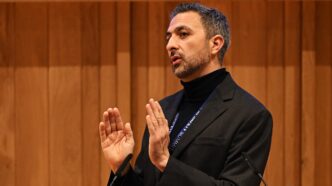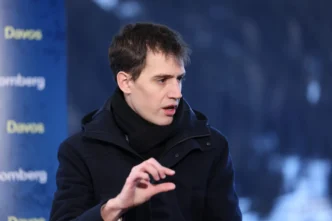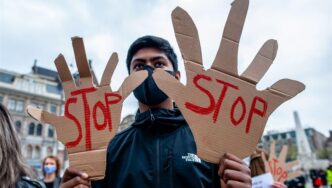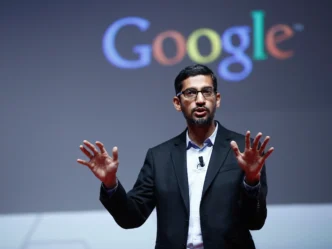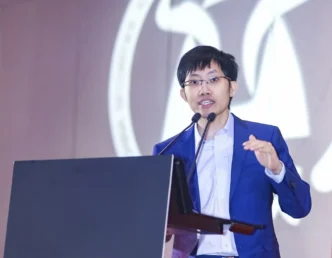Microsoft 50th anniversary celebration was unexpectedly interrupted by one of its own employees. Ibtihal Aboussad, a software engineer on Microsoft’s AI Platform team, stood up during the keynote and directly confronted Microsoft AI CEO Mustafa Suleyman. Her words were sharp and unwavering.
“Shame on you,” she said. “You are a war profiteer. Stop using AI for genocide. You have blood on your hands. Shame on you all.”
Security quickly escorted Aboussad out, but her message didn’t stop there. Shortly after the protest, she sent an internal email to thousands of Microsoft employees explaining why she disrupted the event. And why she could no longer stay silent.
Aboussad has worked at Microsoft for over three years. In her message, she said she joined the AI Platform group with hopes of building technology for good. Tools that empower people, improve accessibility, and help organizations do more. But after learning that her work may be tied to Israeli military operations in Gaza, she said she felt morally compelled to speak out.
She accused Microsoft of providing AI and cloud infrastructure that supports surveillance and targeting in the Israel-Gaza conflict. “I was not informed that Microsoft would sell my work to the Israeli military and government,” she wrote. “I did not sign up to write code that violates human rights.”
According to Aboussad and multiple news reports she cites, Microsoft holds a $133 million contract with Israel’s Ministry of Defense. The Israeli military allegedly uses Microsoft’s Azure platform to store and analyze massive amounts of surveillance data. Including phone calls, text messages, and audio recordings—data that is then used to target individuals. An Israeli intelligence source quoted in the AP claimed Microsoft tools help power some of the most classified aspects of Israel’s military systems, including what’s known as its “target bank.”
Aboussad pointed to her own work in transcription scenarios and said she was horrified to learn how those tools may be used to track civilians. “If I knew my work would be used this way, I never would have contributed,” she wrote.
Her protest follows growing criticism of Big Tech’s role in global conflicts, especially when it comes to AI’s use in warfare. She also highlighted what she described as a culture of suppression within Microsoft. Over the past year and a half, she claims that Arab, Palestinian, and Muslim employees have been harassed, doxxed, and even fired for speaking up internally. She described efforts to raise concerns that were ignored—or punished.
At the core of her message is a plea for accountability. Aboussad urged her colleagues to rethink the company’s role in what she, along with major international bodies like the UN and the ICJ, describes as a genocide. “Even if you don’t work on cloud or AI directly, your work helps fund this,” she said. “Silence is complicity.”
Her message ends with a call to action. She encouraged other Microsoft employees to sign a petition titled “No Azure for Apartheid,” push leadership to end military contracts, and start honest conversations with colleagues. “We must demand that Microsoft stop selling technology to the Israeli military,” she wrote. “If we stay quiet, we will be remembered as the ones who chose comfort over humanity.”
Microsoft has not yet issued a public response regarding the protest or the claims made in Aboussad’s email. But her words—delivered live on stage and sent straight to inboxes across the company—have already sparked discussions both within and outside Microsoft. Whether they lead to change remains to be seen.
